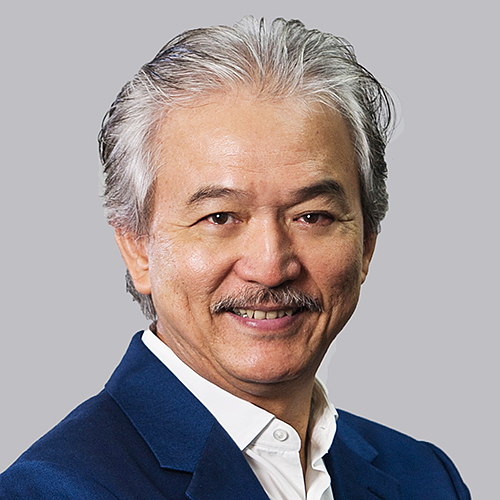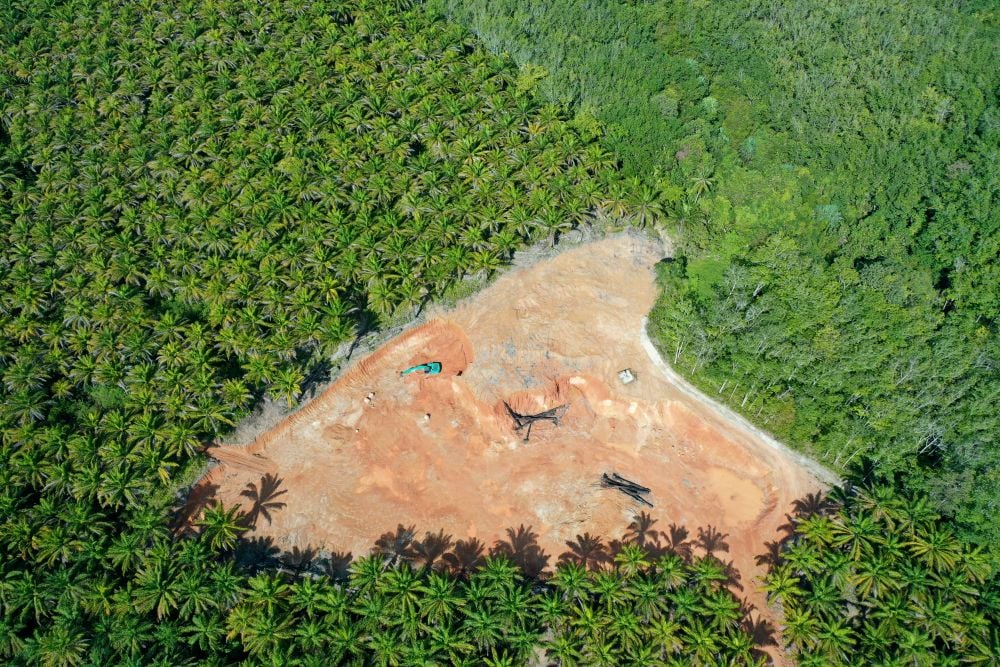Nearly two years since granting the first domestic fund custody license – to London-based Standard Chartered Bank in October 2018 – the China Securities Regulatory Commission (CSRC) gave the go-ahead to the second one this week, this time to Citibank (China), a cause for celebration during these dark days of China-US relations.
As if to underline this point, Citi China’s president and CEO, Christine Lam, says it is “the first American bank to be granted a domestic fund custody license”, and should help the bank’s “global clients gain access to China’s capital markets, which are experiencing a new round of comprehensive reforms”. She underscores the “tremendous opportunities for global players to participate”.
Stuart Staley, head of markets and securities services at Citi, contends that the approval of the license “is further validation of China’s commitment to continue to open up its financial markets”. David Russell, Citi’s Asia-Pacific head of securities services, adds that the bank will continue to build up its local capabilities including in fund administration and other outsourcing services. This license will enable the bank to provide custody-related services to both mutual funds and private funds domiciled in China, after passing CSRC’s onsite inspection later this year.
That leaves Deutsche Bank and HSBC, among others, still in the queue, having applied for the license probably around the same time. Whether they will need to wait as long as Citi China is anybody’s guess. But the escalating tension between the world’s two largest economies may point to a nod before too long, especially if China wants to send a message of opening up – in contrast to President Trump’s America First policy.
Since the State Council issued a circular on July 20 2019 on “Measures to Further Open the Financial Markets” lifting the foreign shareholding limit of fund houses, securities companies and futures companies starting from 2020, which was previously set for 2021, China has become a magnet to what promises to be the dash of the decade as international institutions secure their places in the country’s rapidly-growing financial services industry.
Citi China’s local custody license could be the start of more to come. On July 10, 2020, CSRC and the China Banking Insurance Regulatory Commission issued Circular 172 on local securities fund custody, which formalizes the application for local fund custody license by foreign banks.
On the same day of Citi China’s announcement, Singapore-based DBS Group also revealed that it received CSRC approval to establish DBS Securities (China), a joint-venture securities company in which DBS Group will have a controlling stake of 51%. Minority shareholders include Donghao Lansheng Investment Management with 24.67%; Shanghai Huangpu Investment Holdings (Group), 13.33%; Shanghai Huiyang Asset Management, 6.5%; and Shanghai Huangpu Guidance Fund Equity Investment, 4.5%.
“We are very pleased to receive CSRC approval to establish DBS Securities,” says Piyush Gupta, CEO of DBS Group. “This year marks the 30th anniversary of diplomatic relations between China and Singapore. The ability to set up a securities company in China represents yet another key milestone.”
Challenge, opportunity
The combination of increasing household wealth and an ageing population is expected to drive sustained longer-term growth in Chinese mutual fund assets, Fitch Ratings says in a recent commentary. “The penetration rate of mutual fund holdings as a share of savings is fairly low in China. This presents both a challenge and an opportunity to investment managers: the challenge being getting retail investors to accept third-person investment management, and the opportunity being the potential for material asset growth.”
According to the agency, China is the fifth-largest mutual fund market worldwide, and one of the fastest-growing. Its open-end mutual fund assets were 15 trillion yuan (US$2.2 trillion) as of end-June 2020, although it remains far behind the US$22 trillion in mutual fund assets in the United States.
However, over the three years to the end of the first quarter 2020, China's mutual fund assets grew by almost 70%, while global mutual fund assets increased by just 12%, according to ICI Global data. China's mutual fund industry growth during the pandemic is also notable, as assets grew by 11% in the first quarter, even as global mutual fund assets decreased by 13% in the same period.
Since September 11 2019 when CSRC confirmed that foreign fund houses may take full control of their operations in China, international managers have been waiting anxiously for the April 2020 start date. Until then, these managers could enter only into joint ventures with domestic entities given the 51% cap on ownership.
With the removal of the cap, three international investment managers have applied for onshore licenses, while a fourth was in the process of buying out its joint venture partner, Fitch notes. BlackRock's application was accepted on July 31 2020 with CSRC granting it a license a month later, a record turnaround for approval. "Among China's 128 mutual-fund houses, 44 were joint ventures as of end-1Q20, and these accounted for 54% of total mutual-fund assets.”
Another US manager, Vanguard, indicated this week that it will make Shanghai the headquarters for its business in the region, phasing out its operation in Hong Kong over the next two years, and closing down a sales office in Japan. In 2018, Vanguard closed its Singapore office. In a filing to the Stock Exchange of Hong Kong, Vanguard explains that it wants to align with its “strategic focus to expand its presence in international markets that offer the ability to directly reach individual investors”.
Fitch describes the scrapping of the ownership limit as “highly significant for the presence of international investment managers in China, and that other international investment managers will probably file license applications to enable them to have further access to the Chinese mutual fund market”.
Institutional investors and retail investors have driven Chinese mutual fund growth in almost equal shares in recent years, the agency says. “Institutional investors account for the majority of assets in bond funds, while retail investors tend to be more yield-driven and account for the majority of equity and balanced fund assets.”
Money market funds (MMFs), the largest fund type in China, account for around half of Chinese mutual fund assets. China was the second-largest MMF market in the world at end June-2020, with assets under management of 7.6 trillion yuan, compared with assets of US$4.4 trillion in the US. The US, however, has a much lower share of fund assets in MMFs, at around 20% of the total.
Fitch says that MMFs tend to be less affected by market movements in periods of market stress than, for example, equity funds, and can even have inflows in such periods as a result of heightened risk aversion. As a result, the high allocation of funds to MMFs in China, compared with other markets, supported the high overall retention of fund assets in China in the first quarter of 2020.
The largest MMF in China, Yu'e Bao, has grown very rapidly, driving growth of the overall sector, it points out. “Yu'e Bao had assets under management of 1.2 trillion yuan at end-June 2020, making it one of the 10 largest MMFs worldwide. The other nine, Fitch adds, are US funds investing in government debt. Yu'e Bao's growth has been driven by its distribution channel – it functions almost like a cash utility, through the Alipay online payment platform.
The success of Yu’e Bao is a lesson for foreign managers who want to break into China’s mutual funds market. “The strong electronic distribution channel in China is different to other markets, where direct or intermediated distribution tends to dominate fund distribution,” Fitch indicates. “Recently, regulatory intervention has resulted in a dispersion of Yu'e Bao's assets to other MMFs on the Yu'e Bao platform, resulting in the fund losing its place as the world's largest MMF - a position occupied by a Goldman Sachs US government fund as of June 2020.”
Despite the yield focus, two-thirds of MMF investors were retail investors as of end-2019. The recent market strength in the Chinese A-share market could be a risk to MMFs, Fitch continues, potentially leading to outflows as yield-hungry retail investors withdraw money from MMFs to invest in equities.









